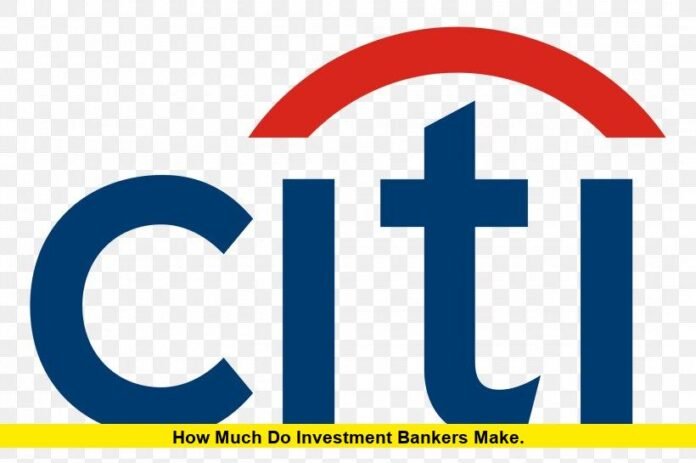how much do investment bankers make now? As of August 2025, pay for investment bankers continues to rise, supported by stronger deal activity and aggressive bonus payouts across Wall Street and boutique advisory firms. Top managing directors at elite firms are now averaging more than $1.7 million annually, marking one of the highest compensation levels in the industry’s history.
Analyst to MD: Compensation Across the Career Ladder
The pay scale in investment banking varies significantly depending on seniority. Here’s the latest picture:
- First-year analysts: Base salaries now exceed $110,000, with performance bonuses pushing total compensation into the $160,000–$210,000 range.
- Associates: Base pay sits between $176,000–$221,000, with bonuses that can nearly double annual earnings.
- Vice Presidents: Base salaries are roughly $250,000–$300,000, with bonuses included total compensation often reaches $500,000–$700,000.
- Directors / Senior Vice Presidents: Earnings typically fall between $600,000–$800,000, depending on deal volume.
- Managing Directors: Compensation ranges widely but often surpasses $1 million, with boutique firms seeing averages above $1.7 million.
The Role of Bonuses in Banking Pay
Bonuses remain the key driver of earnings for bankers. In 2024, average bonus payouts rose by over 20%, and that upward trend has carried into 2025. For many senior bankers, bonuses can equal or even exceed their base salary. At the top end, individual payouts now reach more than half a million dollars, reflecting a return to strong deal-making activity after recent market slowdowns.
National and Regional Averages
Across the United States, the average total compensation for investment bankers currently stands at around $360,000 annually. However, location plays a big role:
- New York City, the global hub of investment banking, consistently offers the highest salaries, with averages approaching $200,000 in base pay before bonuses.
- Other financial centers such as San Francisco, Chicago, and Houston show slightly lower figures but remain highly competitive.
- Outside of major cities, compensation levels drop considerably, although opportunities in regional offices still remain attractive compared to other finance roles.
Entry-Level vs. Senior Roles
The steep pay gradient in banking is one of its most defining features. Analysts entering the industry can expect six-figure salaries in their first year, a level rarely seen in other fields for recent graduates. By the time they reach managing director, pay can multiply tenfold, especially for those leading large transactions or working at high-performing firms.
Why Pay Is Rising in 2025
Several factors explain the surge in compensation this year:
- Deal flow rebound: After a slower period, mergers, acquisitions, and IPOs are picking up again.
- Boutique firm competition: Independent advisory firms are bidding aggressively for talent, raising pay across the industry.
- Retention strategy: Banks are boosting bonuses to keep top performers from leaving for private equity or hedge funds.
Typical Salary Progression in 2025
| Role | Base Salary (USD) | Total Compensation (USD) |
|---|---|---|
| Analyst (2–3 years) | $100K–$125K | $160K–$210K |
| Associate (3–4 years) | $175K–$225K | $275K–$475K |
| Vice President | $250K–$300K | $500K–$700K |
| Director / SVP | $300K–$350K | $600K–$800K |
| Managing Director (MD) | $400K–$600K | $800K–$1.7M+ |
This table reflects the latest compensation averages across major U.S. banking hubs.
What Job Seekers Should Know
For graduates aiming to enter the field, the draw is clear: even the most junior positions offer salaries well above the national average. However, the workload remains demanding, with long hours and high pressure. At senior levels, the payoff can be extraordinary, but promotions are highly competitive and depend heavily on performance.
In summary, how much do investment bankers make in 2025 depends on their level, location, and firm. Analysts start near $160,000 in total pay, while managing directors can clear $1.7 million or more. With deal activity surging and competition for talent intensifying, compensation levels are expected to remain strong in the years ahead.
To wrap up, these figures highlight just how rewarding a career in investment banking can be. Share your thoughts below—do the numbers surprise you, or do they match your expectations of Wall Street pay?
